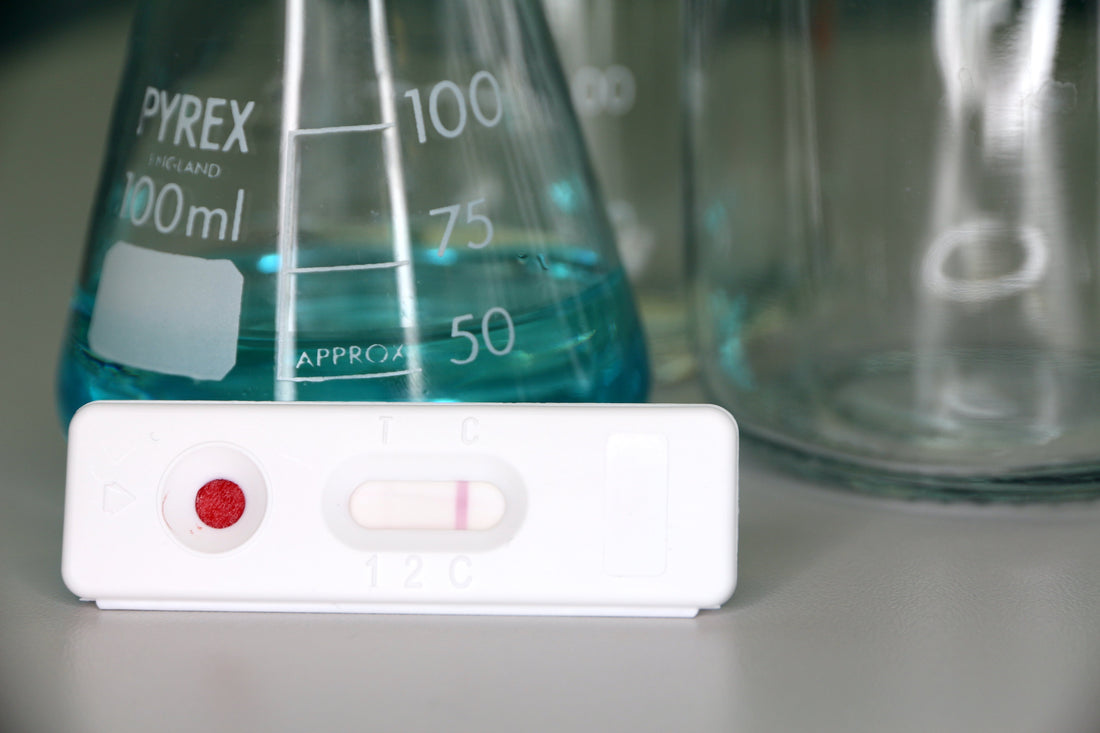Although women have been using pregnancy test kits for decades, and diabetics monitoring their blood glucose levels multiple times each day, some doctors, scientists and patient support groups, have expressed concerns about the use of some self-testing health screening tests at home.
Here are some of their key concerns:
Accuracy and reliability
Test variability
- The accuracy of at-home tests can vary significantly depending on the specific type of test, the manufacturer, and how the test is used
User error
- Incorrect test use, or interpretation of results by individuals can lead to false positives or false negatives
Potential for misinterpretation and misuse
Anxiety and unnecessary medical attention
- False positive results can cause unnecessary anxiety and lead to costly and potentially invasive medical procedures
- Wasting the NHS resources from unnecessary appointments
- False negative results can delay the diagnosis and treatment of serious conditions
Over-reliance on self-testing
- Individuals may rely too heavily on self-testing rather than speaking with their doctor or pharmacist when they are concerned about their health
Data interpretation and follow-up
Understanding results
- Many individuals may not fully understand the implications of their test results and may not know when to seek professional medical advice
Lack of medical expertise
- At-home tests often lack the context and comprehensive medical evaluation that a doctor can provide
Ethical concerns
Informed consent
- Some argue that individuals may not fully understand the potential risks and limitations of at-home tests before using them
Data privacy
- Concerns exist about the privacy and security of personal health information collected through some at-home test kits
Further research is needed
The majority of the concerns raised have been based on personal point-of-views or anecdotal evidence. Scientific research is required to quantify the real impact of self-testing on patients and the NHS. It is important to note that these concerns are not universal, and many doctors and scientists recognise the potential benefits of self-testing when used appropriately. However, they emphasise the importance of:
- Choosing reliable and accurate tests
- Following test instructions carefully
- Understanding the limitations of self-testing
- Consulting with a doctor to interpret results, and to discuss any necessary follow-up
About SELFCHECK
SELFCHECK self-test medical health screening kits are assembled in the UK according to an internationally recognised quality assurance system for medical devices. All our products have been independently assessed by Notified Bodies as part of the registration procedure with MHRA according to UK and EU regulations (IVDD/IVDR).
We are working with the NHS, with support from the Welsh Government, to develop new self-test diagnostics at our North Wales R&D labs. The test will allow NHS doctors to monitor patients with serious chronic disorders at home, without the need for outpatient appointments.

